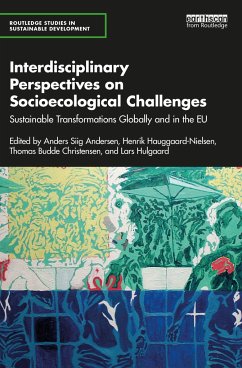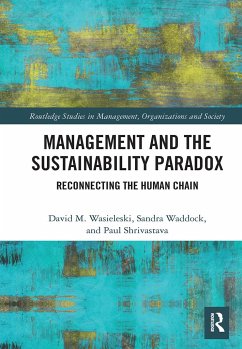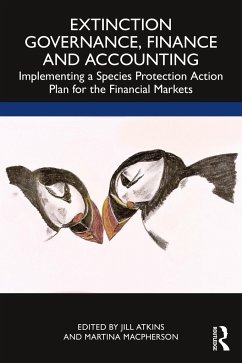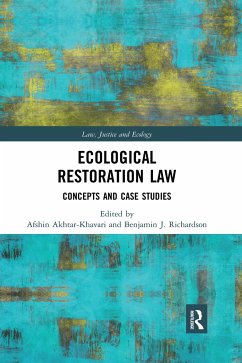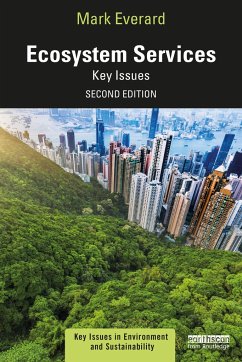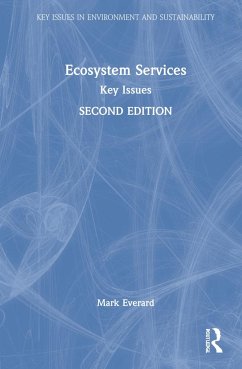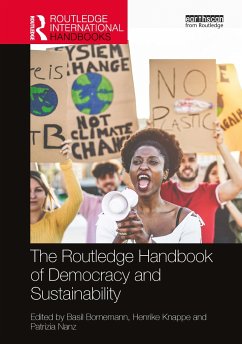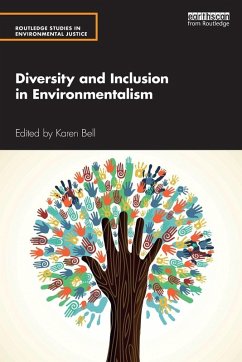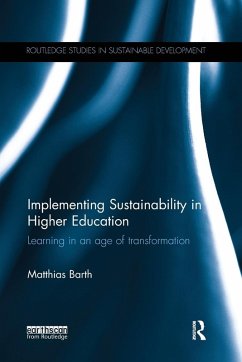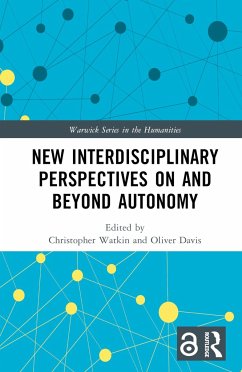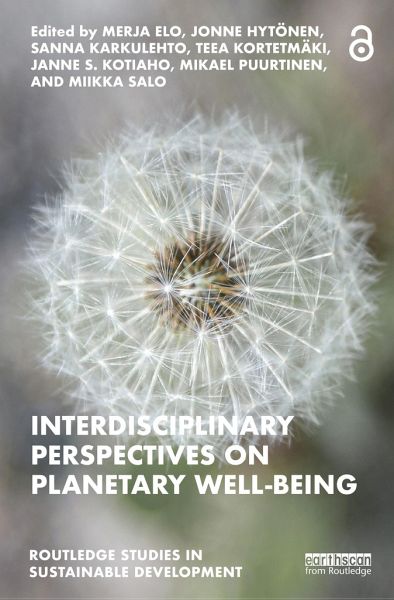
Interdisciplinary Perspectives on Planetary Well-Being
Versandkostenfrei!
Versandfertig in 6-10 Tagen
42,99 €
inkl. MwSt.

PAYBACK Punkte
21 °P sammeln!
This book proposes a paradigm shift in how human and nonhuman well-being are perceived and approached. In response to years of accelerated decline in the health of ecosystems and their inhabitants, this edited collection presents planetary well-being as a new cross-disciplinary concept to foster global transformation towards a more equal and inclusive framing of well-being.Throughout this edited volume, researchers across the humanities, social sciences, and natural sciences apply and reflect on the concept of planetary well-being, showcasing its value as an interdisciplinary, cross-sectoral c...
This book proposes a paradigm shift in how human and nonhuman well-being are perceived and approached. In response to years of accelerated decline in the health of ecosystems and their inhabitants, this edited collection presents planetary well-being as a new cross-disciplinary concept to foster global transformation towards a more equal and inclusive framing of well-being.
Throughout this edited volume, researchers across the humanities, social sciences, and natural sciences apply and reflect on the concept of planetary well-being, showcasing its value as an interdisciplinary, cross-sectoral changemaker. The book explores the significance of planetary well-being as a theoretical and empirical concept in sustainability science and applies it to discipline-specific cases, including business, education, psychology, culture, and development. Interdisciplinary perspectives on topical global questions and processes underpin each chapter, from soil processes and ecosystem health to global inequalities and cultural transformation, in the framework of planetary well-being.
The book will appeal to academics, researchers, and students in a broad range of disciplines including sustainability science, sustainable development, natural resources, and environmental humanities. Calling readers to assess, challenge, and rethink the dominant perceptions of well-being and societal activities, this rich resource that explores the interconnection between human and nonhuman well-being serves as a tool to foster transformative action towards a more sustainable society.
The Open Access version of this book, available at http://www.taylorfrancis.com, has been made available under a Creative Commons Attribution-Non Commercial-No Derivatives (CC-BY-NC-ND) 4.0 license.
Throughout this edited volume, researchers across the humanities, social sciences, and natural sciences apply and reflect on the concept of planetary well-being, showcasing its value as an interdisciplinary, cross-sectoral changemaker. The book explores the significance of planetary well-being as a theoretical and empirical concept in sustainability science and applies it to discipline-specific cases, including business, education, psychology, culture, and development. Interdisciplinary perspectives on topical global questions and processes underpin each chapter, from soil processes and ecosystem health to global inequalities and cultural transformation, in the framework of planetary well-being.
The book will appeal to academics, researchers, and students in a broad range of disciplines including sustainability science, sustainable development, natural resources, and environmental humanities. Calling readers to assess, challenge, and rethink the dominant perceptions of well-being and societal activities, this rich resource that explores the interconnection between human and nonhuman well-being serves as a tool to foster transformative action towards a more sustainable society.
The Open Access version of this book, available at http://www.taylorfrancis.com, has been made available under a Creative Commons Attribution-Non Commercial-No Derivatives (CC-BY-NC-ND) 4.0 license.





